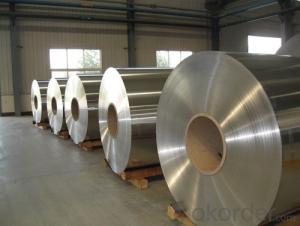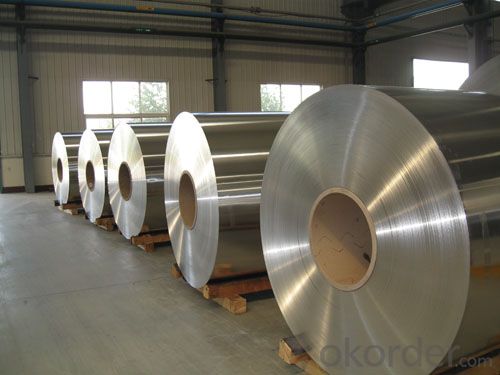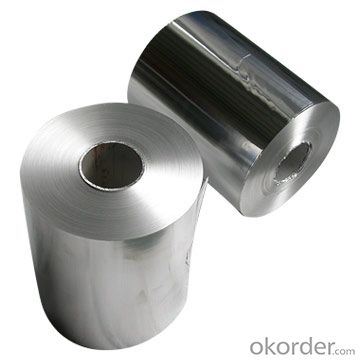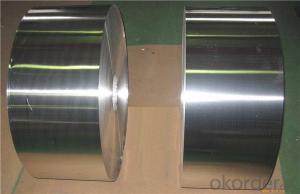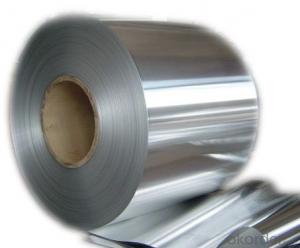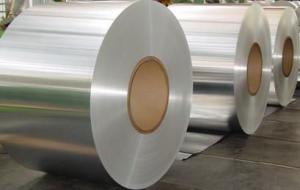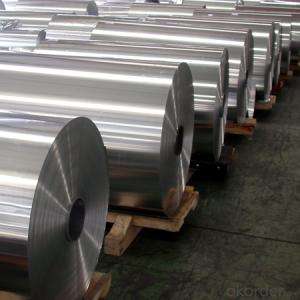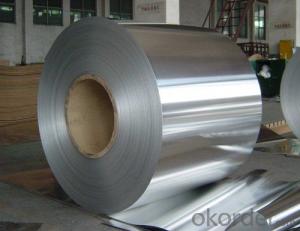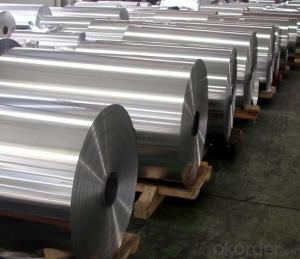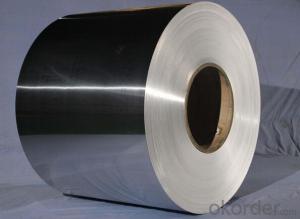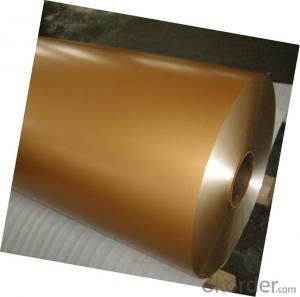Cold Rolling 6061 Alloy H22 Aluminum Rolled Sheet Aluminum Coil
- Loading Port:
- Shanghai
- Payment Terms:
- TT OR LC
- Min Order Qty:
- 5 m.t.
- Supply Capability:
- 500 m.t./month
OKorder Service Pledge
OKorder Financial Service
You Might Also Like
Specification
6061 Alloy H22 Aluminum Rolled Sheet Aluminium Coil
aluminum coil specifications:
1) Alloy :1050, 1060,1100, 3003 3004 3105 3A21 5005 5052 etc
2) Temper: O/H12/H14/H1/H18/H32/H34/H36/H38//H111/H112/H116/H321/T6/T651/T3/T351 etc
3) Thickness: 0.1mm to 6mm
4) Width:20mm to 3300mm
5)Coil weight: 100kgs to 6 tons depends on actual requirement
6)Core material: Aluminum or paper
7)Coil Inner diameter: 75mm, 150mm, 200mm, 300mm, 405mm, 505mm or as required
8) Protective film can be added
item | 3003 Aluminum coil | |
Standard | GB/T3190-2008,GB/T3880-2006,ASTM B209,JIS H4000-2006,etc | |
Material | 1060,1050,1100 3003,3103,3004,3005,3105 5052, 5454,5754 | |
Size | Thickness | 0.5mm-3.5mm |
Width | 800-1500mm | |
Weight/Roll | About 1.5MT/3MT | |
Quality control | Mill Test Certificate is supplied with shipment, Third Part Inspection is acceptable. | |
Surface | Bright, polished, hair line, brush, checkered, embossed, etc | |
Trade terms | Price term | ,FOB, CNF, CIF, etc |
Payment Term | TT,L/C | |
MOQ | 2MT | |
20 GP Capacity | About 20-25MT | |
Delivery time | 1.The products will delivery immediately after receiving the payment. 2.According to the order quantity, prompt delivery. | |
Export to | Ireland,Singapore,Indonesia,Ukraine,Spain,Canada,USA,Brazil,Thailand,Korea,Iran,India,Egypt,Kuwait, Oman,Viet Nam, South Africa, Dubai, Russia, etc | |
Package | Stick blue film→plastic film→waterproof paper→1~2 tons on a export standard pallet(corner protection) | |
Application | 1)Further making utensil.2)Solar reflective film3)The appearance of the building4)Interior decorating:ceilings,walls,etc.5)Furniture cabinets6)Elevator decoraction7)Signs,nameplate,bags making.8)Decoration inside and outside the car9)Household appliances:refrigerators,microwave ovens,audio equipment,etc.10)The consumer electronics:mobile phones,digital cameras,MP3,etc. | |
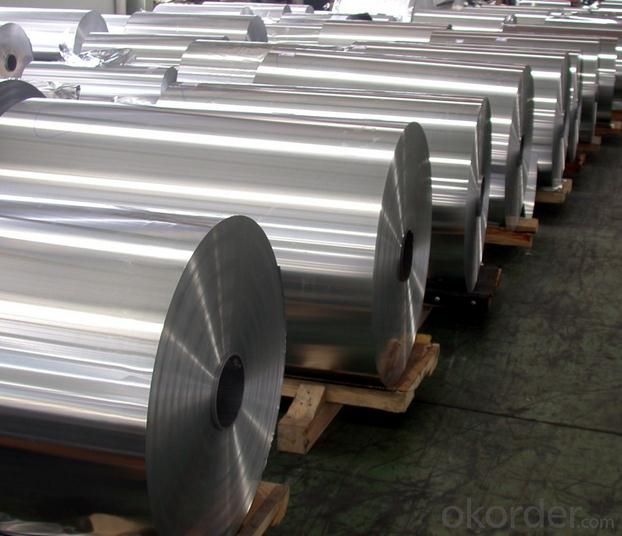
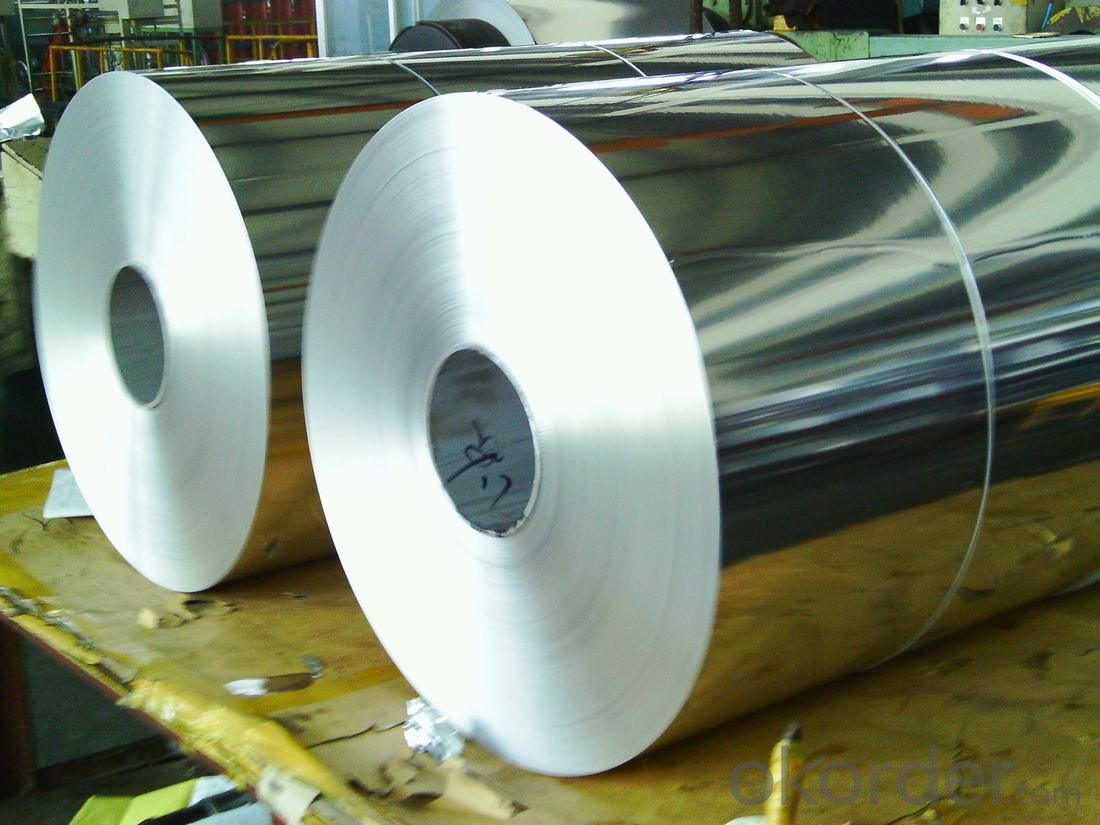
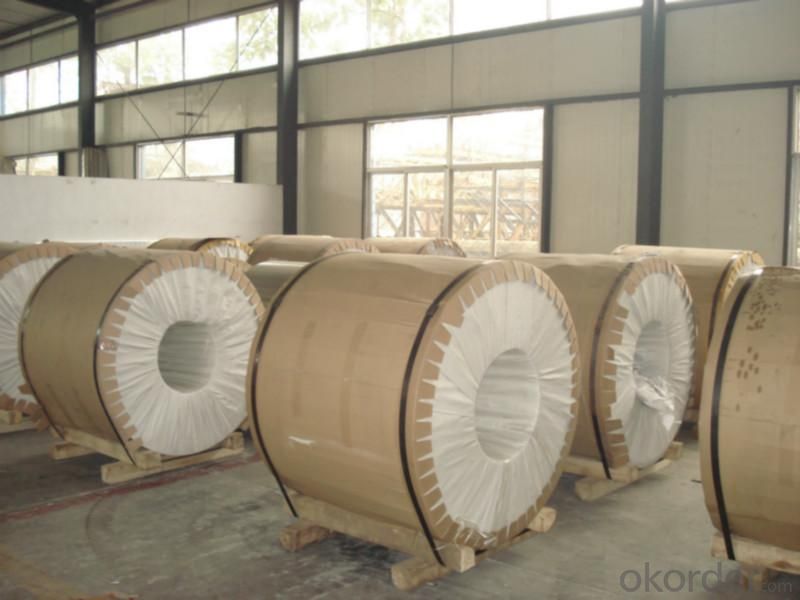
- Q: Can aluminum coils be used for electrical transformers?
- Yes, aluminum coils can be used for electrical transformers.
- Q: What are the thermal conductivity properties of aluminum coils?
- Aluminum coils have excellent thermal conductivity properties. Aluminum is known for its high thermal conductivity, meaning it can effectively transfer heat. This makes aluminum coils ideal for applications that require efficient heat transfer, such as in air conditioning and refrigeration systems. The thermal conductivity of aluminum coils allows for quick and effective cooling or heating, resulting in energy efficiency and enhanced performance. Additionally, aluminum's good thermal conductivity ensures that heat is evenly distributed across the coil, preventing hotspots and ensuring uniform temperature distribution. Overall, the thermal conductivity properties of aluminum coils make them a preferred choice for various heat transfer applications.
- Q: How are aluminum coils processed to achieve desired mechanical properties?
- Aluminum coils are processed to achieve desired mechanical properties through a combination of cold rolling, annealing, and heat treatment. Cold rolling reduces the thickness of the aluminum coil, increasing its strength and hardness. Annealing, a heat treatment process, is then applied to soften the material and improve its formability. Additional heat treatments may be conducted to further enhance mechanical properties, such as tempering to increase toughness or solution heat treatment to improve strength and corrosion resistance. These processing techniques allow manufacturers to tailor the mechanical properties of aluminum coils to meet specific application requirements.
- Q: Are aluminum coils suitable for insulation jacketing?
- Yes, aluminum coils are suitable for insulation jacketing. Aluminum is a highly durable and corrosion-resistant material that can effectively protect insulation materials from external elements. Additionally, aluminum coils offer excellent heat and moisture resistance, making them an ideal choice for insulation jacketing applications.
- Q: What are the common methods of joining aluminum coils together?
- Common methods of joining aluminum coils together include welding, soldering, adhesive bonding, and mechanical fastening. Welding is a popular method that uses heat to melt the aluminum and join the coils together. Soldering involves using a lower melting point filler metal to bond the coils. Adhesive bonding uses adhesives or glues to create a strong bond between the coils. Mechanical fastening involves using screws, bolts, or other mechanical devices to hold the coils together.
- Q: What are the potential risks of using aluminum coils in specific applications?
- Using aluminum coils in specific applications presents several potential risks. Firstly, due to its high reactivity, aluminum can undergo oxidation and form aluminum oxide. While this oxide layer can be protective, it can break down in certain environments, like acidic or alkaline conditions, leading to corrosion and compromising the coils' structural integrity and lifespan. Secondly, aluminum coils have lower strength compared to metals like steel, making them vulnerable to deformation or damage under heavy loads or high pressure. Mechanical stress can cause bending or cracking, resulting in potential failure. Furthermore, aluminum has a relatively low melting point compared to metals like copper or iron. As a result, when exposed to high temperatures, such as in heating or cooling systems, there is a risk of the coils melting or deforming, leading to system malfunctions, reduced efficiency, or safety hazards. Another risk lies in the electrical conductivity of aluminum coils. While aluminum conducts electricity well, its resistance is higher than copper. This can lead to increased power losses and reduced energy efficiency in electrical applications. Additionally, aluminum coils may be more prone to electrical arcing or sparking, posing a fire hazard. Lastly, it is important to note that aluminum is lightweight, which can be advantageous, but it also means that aluminum coils may have lower durability and resistance to physical impacts or external forces compared to heavier metals. In environments with vibrations, impacts, or other mechanical stresses, the coils may be more susceptible to damage or premature failure. In conclusion, although aluminum coils offer benefits like light weight, good thermal conductivity, and corrosion resistance, it is vital to carefully consider the potential risks associated with their use in specific applications. Proper design, maintenance, and compatibility with operating conditions are crucial to mitigate these risks and ensure the safe and effective performance of aluminum coils.
- Q: Explain how aluminum coils are connected to electronics.
- <p>Aluminum coils play a significant role in the electronics industry due to their high electrical conductivity and low density. They are used in various components such as transformers, inductors, and chokes, where they help in the conversion and regulation of electrical energy. Aluminum's non-magnetic properties make it ideal for parts that need to be shielded from magnetic fields. Additionally, aluminum coils are used in heat sinks to dissipate heat generated by electronic devices, ensuring their efficient operation and longevity.</p>
- Q: What is the typical coil diameter for aluminum coils?
- The typical coil diameter for aluminum coils can vary depending on the specific application and industry, but it is generally in the range of 12 to 72 inches.
- Q: i have some questions about aluminum can recycling??:how much can you get from doing that??where can i take them in indianapolis, in???and what else could i recycle??its good for the earth and i need some money!! :) :D thanks!!! :)
- They are worth about $0.01 per can. You can take them to any scrap metal yard.
- Q: What are the different coil slitting methods for aluminum coils?
- Aluminum coils can be slit using various methods, each with its own advantages and suitability for different applications. Some commonly used methods for slitting aluminum coils are as follows: 1. Rotary Shear Slitting: This method involves the use of a rotating knife or shear blade to cut the aluminum coil into narrow strips. It is suitable for high-speed production lines and provides accurate and clean edges. 2. Looping Slit: In this method, the aluminum coil is looped and passed through rotating circular blades that cut it into desired widths, ensuring precise cuts. It is commonly used for thin aluminum coils and offers good accuracy and productivity. 3. Double Knife Slitting: Also known as duplex slitting, this method uses two circular knives positioned on top and bottom of the aluminum coil. The knives move in opposite directions, cutting the coil into multiple strips simultaneously. It is suitable for high-volume production and provides excellent accuracy and efficiency. 4. Razor Slitting: This method utilizes razor-sharp blades mounted on a rotating shaft to cut the aluminum coil. It is particularly suitable for thinner gauge coils and provides clean, burr-free edges. 5. Crush Slitting: Crush slitting involves compressing the aluminum coil between two rotating rolls with sharp edges. The pressure exerted by the rolls cuts the coil into desired widths. It is commonly used for thicker gauge coils and offers good productivity and edge quality. 6. Laser Slitting: Laser slitting uses a high-powered laser beam to cut the aluminum coil. This method offers exceptional precision and accuracy, making it ideal for intricate and complex cutting requirements. The choice of slitting method depends on factors such as coil thickness, desired strip widths, production volume, and edge quality requirements. Each method has its own advantages and limitations, so it is important to evaluate these factors in order to select the most appropriate slitting method for a specific application.
Send your message to us
Cold Rolling 6061 Alloy H22 Aluminum Rolled Sheet Aluminum Coil
- Loading Port:
- Shanghai
- Payment Terms:
- TT OR LC
- Min Order Qty:
- 5 m.t.
- Supply Capability:
- 500 m.t./month
OKorder Service Pledge
OKorder Financial Service
Similar products
Hot products
Hot Searches
Related keywords
